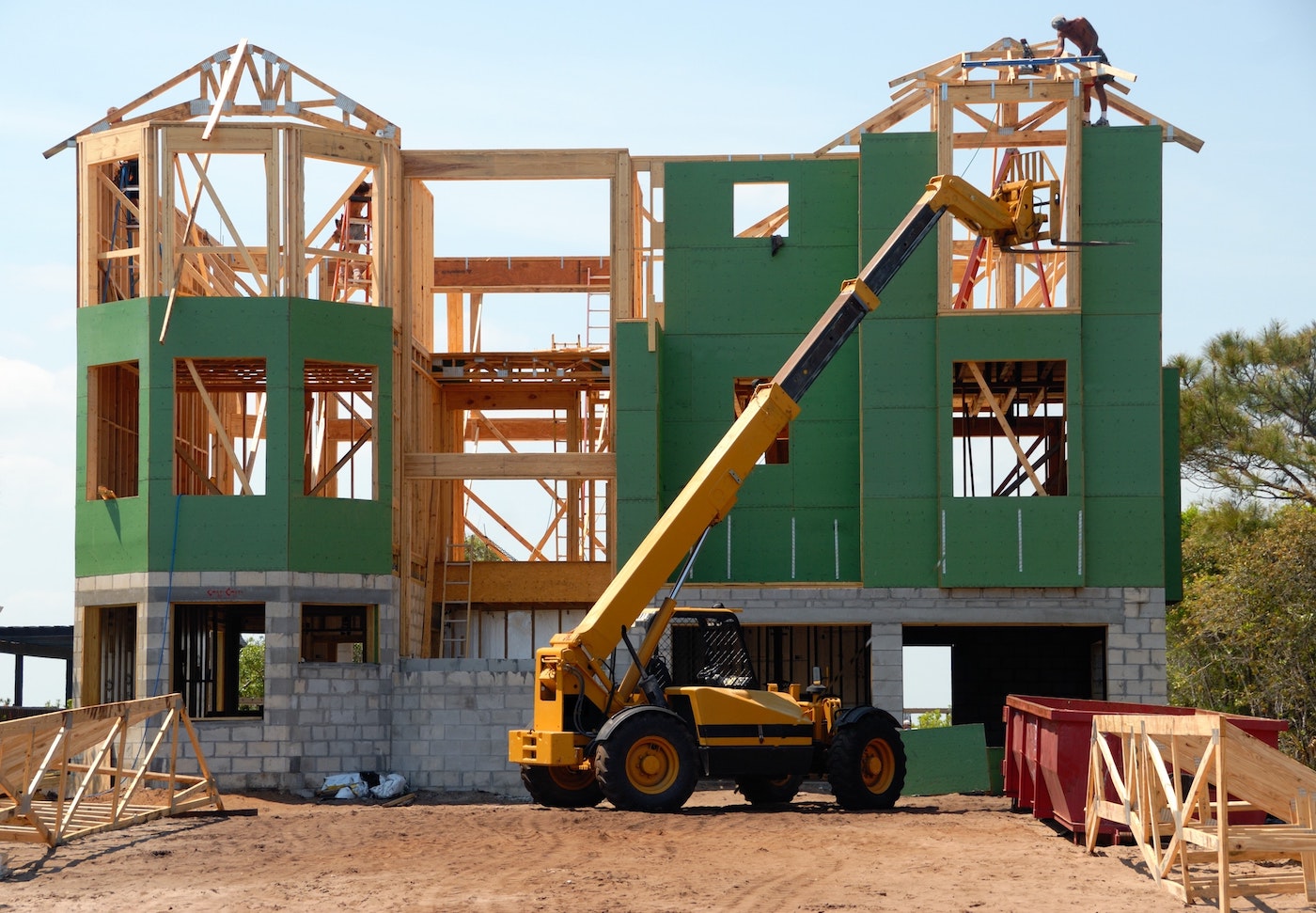
How to Find Graduate School Housing

Whether you’re going straight from your undergraduate degree into grad school or are jumping back in after some (well-deserved) time off from higher education, one common challenge graduate students run into is figuring out what kind of grad school housing is best for them.
Use our guide below to find graduate school housing that will work best for your needs:
1. Different types of graduate school housing
There is no shortage of grad school housing options if you know where to look! Here, we’ll break down the different housing options available to graduate students, and the benefits and drawbacks of each. Let’s get started!
Dorms or residence halls
Some universities offer dorms or residence halls specifically for graduate students. These are shared spaces, usually with suite bathrooms or communal facilities. There may be more one-bedroom dorm rooms than undergraduate dorms, which will provide you with your own space to live and study (and study, and study, and study).
You might worry that living in a dorm again will mean participating in ice-breaker games and answering to an overbearing RA, but most grad student dorms aren’t under as tight supervision as underclassmen dorms, giving students a little more freedom.
If you’re looking into living in a dorm, be sure to confirm whether there is an onsite kitchen, as this will affect what kind of meal plan you’ll need to purchase from your university. Additionally, spaces in these dorms can be limited and competitive among students, so try to start this process earlier rather than later.
On-campus apartments
If you want the convenience of living on-campus with all the amenities of an apartment, on-campus apartments may be the right fit for you. They come with a kitchen, so you can make more of your meals at home, and you won’t have to furnish your apartment yourself, since most come with basic living room and bedroom furniture, like a couch, chair, desk, and bed.
Off-campus apartments
If you’re okay with living a little farther away from your campus, consider looking for an off-campus apartment. You’ll gain quite a bit more independence, but also some responsibility, as you’ll need to furnish your new home and pay for utilities yourself. You’ll also be dealing with a landlord that isn’t your school, so make sure you do your research ahead of time and ask plenty of questions about how maintenance requests are handled.
Apartment furnishings can be a major expense for students starting from scratch in off-campus housing, so it’s also worth looking into fully furnished rentals in the area. Landing’s fully furnished apartments come with everything you need to get your new life off the ground, from beds to couches to kitchenware.
2. How to decide on your budget
If you do decide to live in off-campus housing, your first order of business is figuring out how much you’re able to pay (and are willing to pay!) in monthly rent costs. The standard rule is that you shouldn’t put more than 30% of your monthly income toward your housing costs, but if you’re a student in a higher-demand city, this may not be feasible.
To make your off-campus housing more affordable, consider living with roommates. This way, you can split the cost of rent, as well as additional utilities costs like heat, hot water, gas, and Wi-Fi/cable. Plus, you’ll have a built-in community of other graduate students or young professionals to hang out with!
It’s also worth considering how much money you can save by having your own kitchen and cooking for yourself. University meal plans can get expensive, so this is a good way to cut costs.
Living farther away from your campus may be more affordable, but if you decide to go this route, consider how much your transportation is going to cost you. If living outside of walking distance of campus means having to invest in a monthly public transportation card, for example, it may be worth it to pay the difference to live a little closer to campus. You’ll also have to plan out your meals ahead of time to avoid needing to pay for extra food while away from home.
3. How to find apartments and set up tours
When it comes to finding an off-campus apartment as a graduate student, you have plenty of options at your disposal. You can check Craigslist, Facebook groups, or property rental websites to find apartments for rent in your area, whether you’re starting a brand-new lease or taking over a sublet from someone else. It’s also worth looking at your school’s website, since they may list resources for finding an apartment in the area, as well as offer recommendations for reputable landlords nearby.
Perusing these resources and websites will also help you figure out the normal range of rent prices in the area so you can begin to tailor your search to a particular town or neighborhood based on your budget.
4. What to look for when touring apartments
Once you have a couple of properties in mind, it’s time to tour! These days, you can either schedule a tour of your future home in person or have someone walk you through a virtual tour.
Keep an eye out for anything that might seem broken, stained, or otherwise in disrepair while on your tour. This can give you a sense of how well your landlord takes care of your property.
You’ll also want to ask which utilities are included in your rent, if any, and what your landlord will expect in terms of up-front fees. Some may ask for a security deposit, which covers any repairs the apartment needs after you live there. A security deposit will be returned to you in full if you keep the apartment in good condition. Other landlords may require you to pay additional month’s rent, such as first month’s rent or last month’s rent. It’s good to know expectations at the outset, since these can wind up being a pretty big chunk of change right at the beginning of your lease.
When touring apartments, students especially should factor in amenities such as onsite parking, laundry rooms (or better yet, in-unit laundry), fitness centers, pools, and business centers. While these may seem luxurious, they can save you a ton of money in parking passes, laundromat fees, gym memberships, or printing costs (because really, who has their own printer these days?).
You should also clarify the terms of your lease with your prospective landlords, asking questions like:
- Will you be locked into a full-year lease, even if you’re just staying for the school year?
- Are you allowed to sublet your apartment?
- When do you have to tell your landlord you’re renewing your lease?
If the current tenants are in the apartment while you’re touring, feel free to ask them any questions, too. You might want to ask current residents how they’ve enjoyed their living experience there so far, or even why they’ve decided to leave.
Find fully furnished apartments with Landing
If all of this sounds like a lot, it is! The last thing you want to worry about when embarking on the journey that is grad school is finding the right housing. Landing offers fully furnished apartments in over 375 U.S. cities and doesn’t require any additional fees to move in. Additionally, our flexible leases let you move in and out when you want, with no sublets or lease-breaking fees required.
If you’re interested in living with Landing, browse our available apartments, or contact us for more information about what a Landing membership can do for you.









